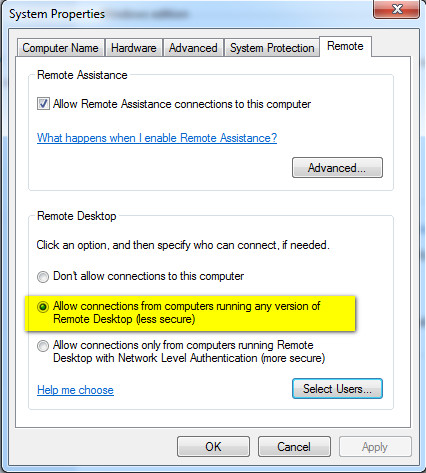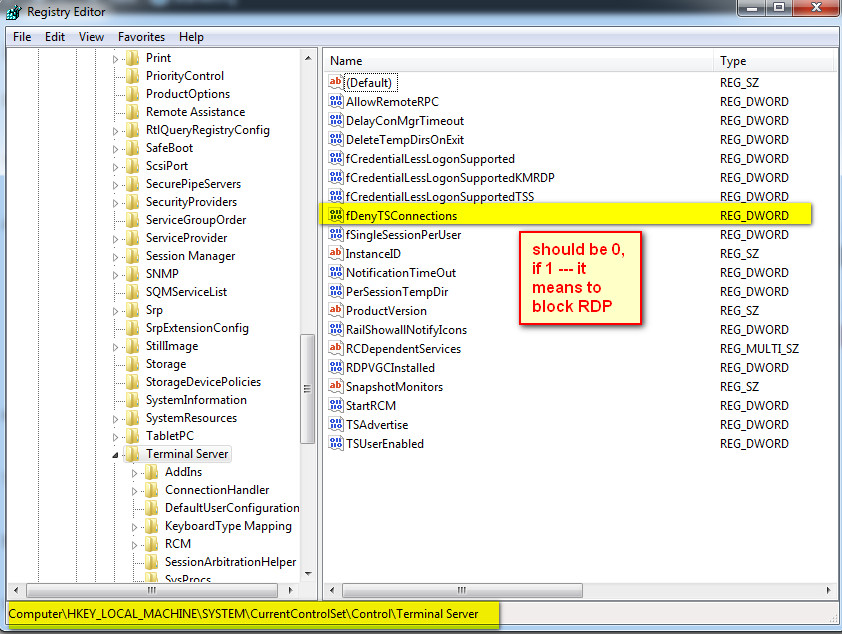If you are prudent sysadmin and keep enabled UAC

It’s recommended never to disable UAC/User Access Control (there are many instructions to disable it for piracy programs downloaded from the internet, and unfortunately in Mongolia almost all computers even in enterprises have disabled UAC in windows)
The main reason to have enabled UAC is ability for the sysadmin to run installation and system configuration commands without re-login during remote or interactive sessions on asked help workstation. According to the best industrial practices you need to exclude any end user from workstation Local Administrators (depriving rights to install non-authorized programs and change/damage system configurations). If you disabled UAC then there … Read the rest

 …
…